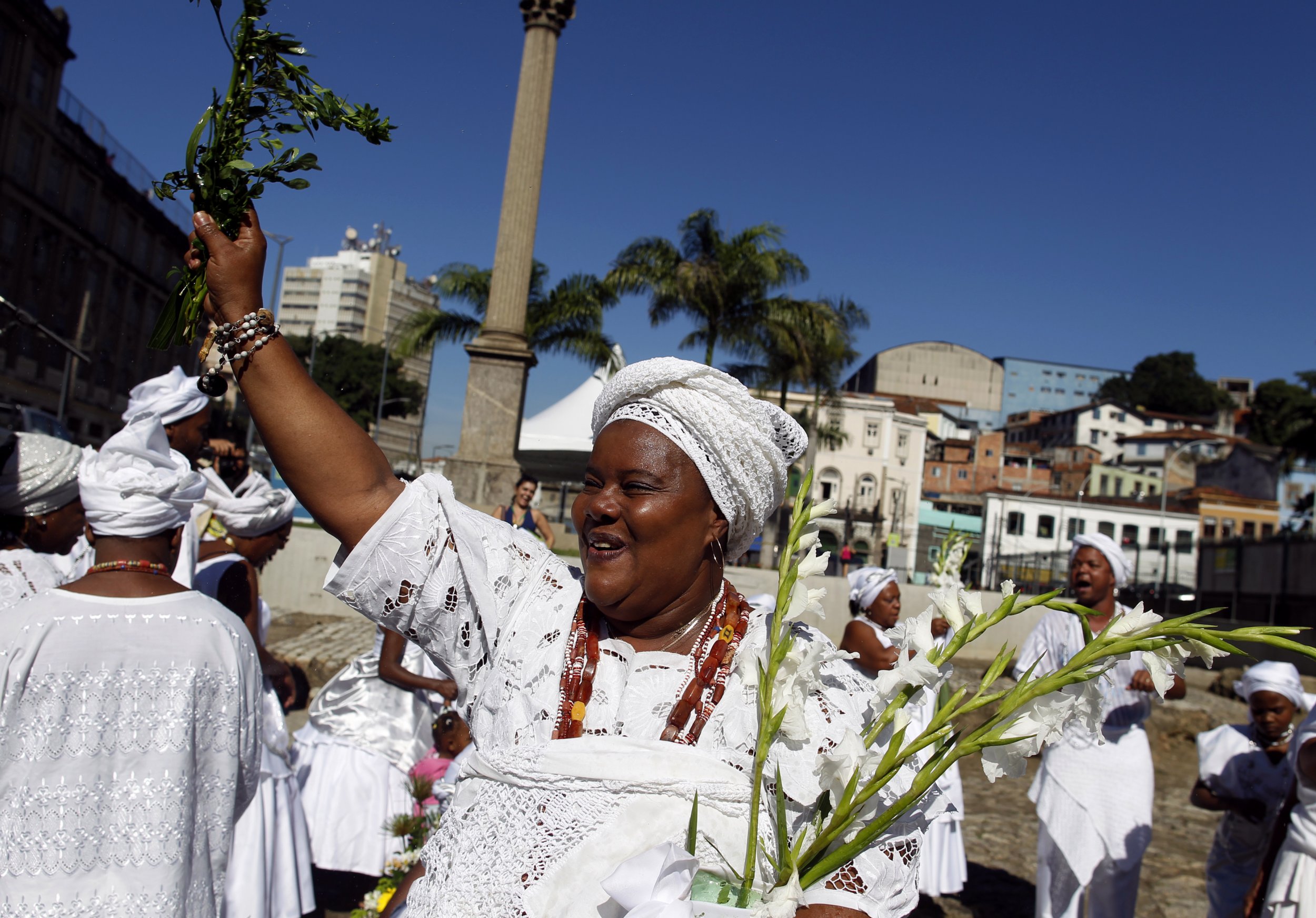
UNESCO has made another addition to its World Heritage list to preserve the evidence of the slave trade in Brazil. The UN agency confirmed that it had added Valongo Wharf to the list, updated annually, on July 9.
"It is the most important physical trace of the arrival of African slaves on the American continent," UNESCO said in a statement describing the site, located in central Rio de Janeiro. "From a historic point of view, this is a testimony to one of the most brutal episodes in the history of humankind."
UNESCO has already listed several African sites from which slaves departed, including Gorée Island in Senegal, described as "a reminder of human exploitation and as a sanctuary for reconciliation," and Elmina Castle in Ghana, but the stone-made Valongo Wharf is the first and only, so far, port of arrival.
The wharf was built in 1811 to cater for the arrival of thousands of slaves trafficked from African ports to the South American continent. It was eventually shut down and buried in 1843. In the years in which it functioned, it saw the arrival of an estimated 900,000 slaves, making it the busiest slavery port in the country.
The warehouses built at the wharf could accommodate more than 2,000 people and cramped conditions lead to disease, claiming the lives of as many as 6,000 people, whose bodies were found in nearby mass graves. Brazil would become the last in the American continent to finally abolish slavery, on May 13, 1888, after a previous law in 1831 was seldom enforced.
The Valongo Wharf site eventually came to light in 2011 during renovation works in the area ahead of the Olympics. Archaeologists working at the site uncovered hundreds of African-made artefacts, as one of them, black culture researcher Celina Maria de Almeida, said in a 2015 video celebrating Rio de Janeiro's status as host city for the 2016 Summer Olympics. "This is a sacred place," she said, moved to tears. "I have found myself, I have found answers to all the questions I used to ask 20 years ago."
Since the Wharf's rediscovery, the site has hosted an annual religious ceremony known as Lavagem in Portuguese, involving the "washing of the pier." The ceremony is held on the first Saturday of July to remember the almost 1 million Africans who were trafficked to the Brazilian harbour.
Priestesses of the Candomblé faith, a religion based on African beliefs particularly popular in Brazil, bring water and flowers for the ritual cleansing of the wharf to the sound of drums, before the ceremony unfolds into a street party with singing and dancing.
In a statement announcing the 2014 ceremony, the president of the Municipal Council for the Defence of Black People's Rights Dulce Vasconcellos described the ceremony as part of a culture of remembrance. "It is our obligation to preserve Valongo. Just as the Holocaust must be remembered, slavery can not be forgotten. We need to keep the story alive so it will never happen again," she was quoted as saying.
Uncommon Knowledge
Newsweek is committed to challenging conventional wisdom and finding connections in the search for common ground.
Newsweek is committed to challenging conventional wisdom and finding connections in the search for common ground.
About the writer
Sofia Lotto Persio reports mainly on Asia and gender issues for Newsweek. She previously covered international affairs with a specific ... Read more
To read how Newsweek uses AI as a newsroom tool, Click here.








